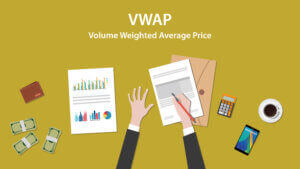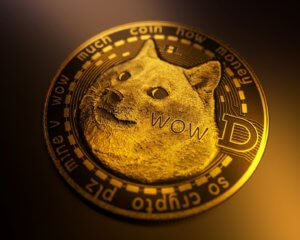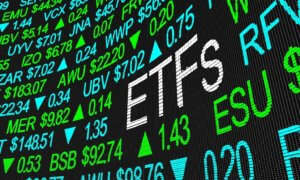
Understanding the Process of Wealth Management
Wealth, which is your money and other valuable assets, needs proper management to grow and maintain its value. Wealth management is about making important choices about your wealth to fulfill your financial goals. This process








